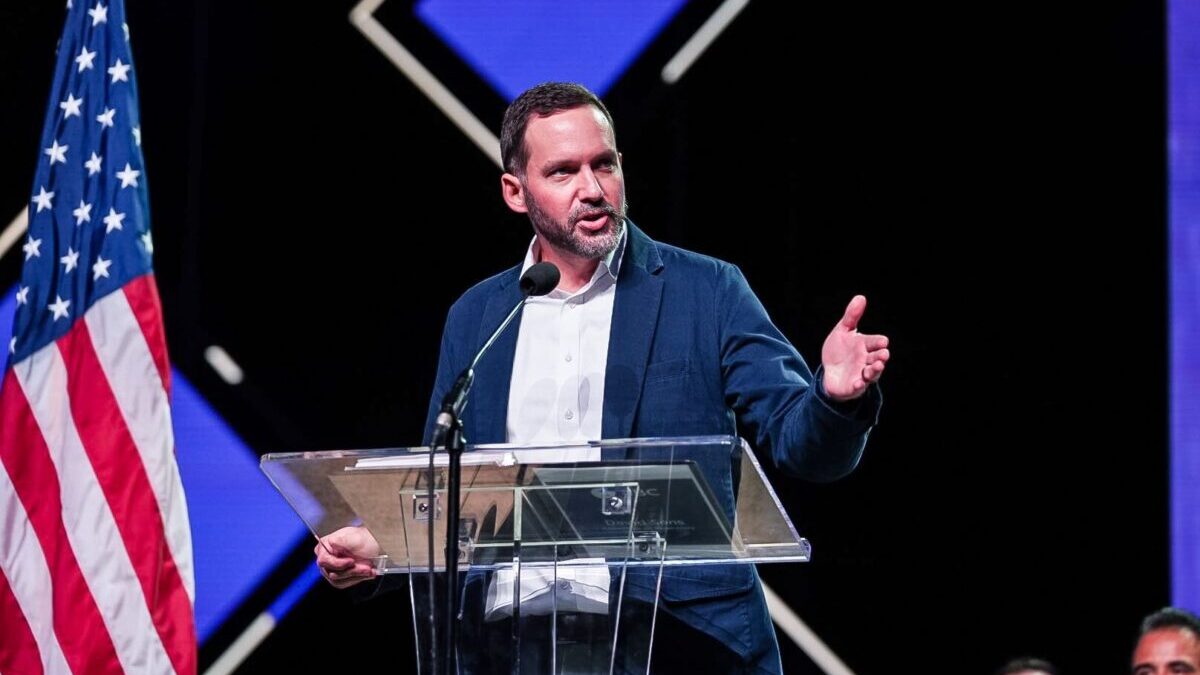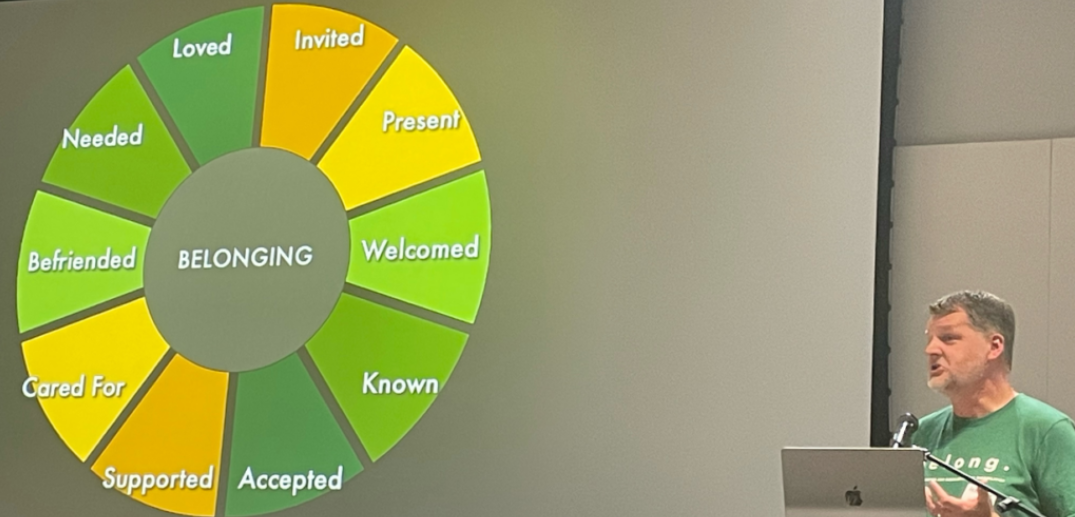Messengers to the 2023 SBC Annual Meeting in New Orleans adopted six resolutions during the Tuesday afternoon business session on June 13.
“Resolutions are an important part of what we do each and every year as a convention of churches,” said Resolutions Committee chair David Sons in introducing Part 1 of the committee’s report. “They give us a glimpse into the convictions and concerns of Southern Baptists at a given point in history.”
Prior to voting on resolutions, several messengers voiced concerns that the window for submitting resolutions was unclear. The window closes 15 days before the annual meeting, which was May 29. The 15 days were counted from June 12, said SBC President Bart Barber in consultation with SBC parliamentarian Al Gage.
Sons said the committee received 23 properly submitted resolutions. Out of those, the committee presented nine resolutions for consideration.
Resolutions No. 1 through No. 5 were adopted without changes to the proposed text. Resolution No. 6, “On the Southern Baptist Confessional Heritage of the Office of Bishop/Elder/Pastor,” was adopted with an amendment that struck the phrase, “while autonomous churches may differ in their uses and categories regarding titles for staff members,” an amendment offered by messenger Tom Ascol, who said he proposed the resolution. A problem with microphones in the convention hall forced leaders to shift to cordless mics and led to one messenger being unable to speak to resolution No. 3 and one messenger being unable to speak to resolution No. 5. Messengers declined to reconsider those resolutions despite the microphone problems.

The text of the adoptions approved can be found here.
What do resolutions mean?
Resolutions adopted during a Southern Baptist Convention Annual Meeting are meant to express an opinion or concern (not direct an action) and are presented in their final form to messengers by the Resolutions Committee.
Resolutions have the “whereas” and “therefore be it resolved” statements, leading up to the main point in the final paragraph.
Resolutions have no actual authority. They are merely a way for messengers meeting during a specific annual meeting to go on record expressing their opinion about a certain topic.
And even when adopted by messengers, that does not necessarily mean everyone in attendance agrees or voted in favor of the resolution.
Neither does it mean those not in attendance support it.
That’s why resolutions are not considered official rules or guidance for churches, and thus, past resolutions cannot be rescinded by future sets of messengers according to parliamentary procedure.
Part 2 of the Committee on Resolutions Report is scheduled for the morning business session on Wednesday, June 14. (Update: Click below to read part 2.)








